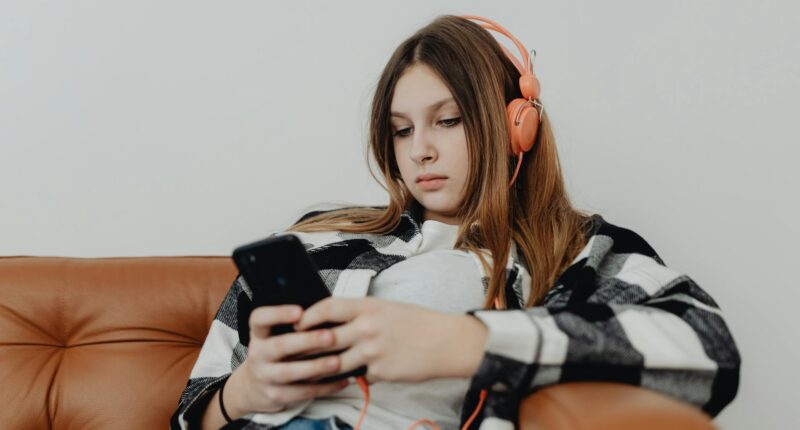OpenAI has launched parental controls for ChatGPT, enabling adults to limit teenagers’ access to specific features and receive emergency alerts if the chatbot detects signs of mental distress.
The tools, which rolled out to all users on Monday, allow parents to set quiet hours when the service cannot be used, disable voice mode and image generation, and prevent the chatbot from referencing prior conversations, reports Bloomberg. Parents can also opt their teenagers out of having conversations used to improve the AI models.
The launch follows mounting pressure on the San Francisco-based company after the family of Adam Raine sued OpenAI and its chief executive officer, Sam Altman, in August. The lawsuit alleges the California high school student, who died by hanging in April, relied on ChatGPT as a coach and that the chatbot systematically isolated him from family and helped him plan his death.
OpenAI’s head of youth wellbeing Lauren Jonas said the company has felt urgency around building the parental controls and is working as quickly as it can to develop such tools.
The parental controls introduce enhanced safeguards for linked teen accounts, including reduced exposure to graphic content, viral challenges, sexual or violent roleplay scenarios, and extreme beauty ideals. Parents can toggle these protections, though teenagers cannot override them.
A notification system alerts parents if OpenAI’s systems detect potential signs that a teenager might be considering self-harm. When the AI flags such concerns, a specially trained human reviewer assesses the situation. If signs of acute distress are confirmed, parents receive notifications via email, text message and push alert unless they have opted out. OpenAI will not share teenagers’ ChatGPT conversations with parents.
To activate the controls, an adult ChatGPT user sends an email invitation to their child. Once accepted, the parent gains access to a control panel in the account settings. If a teenager unlinks their account, their parent receives a notification.
ChatGPT has amassed over 700 million users since its launch in late 2022. The service is designed for users aged 13 or older. OpenAI is separately developing age prediction software to automatically apply teen-appropriate settings for users under 18.











